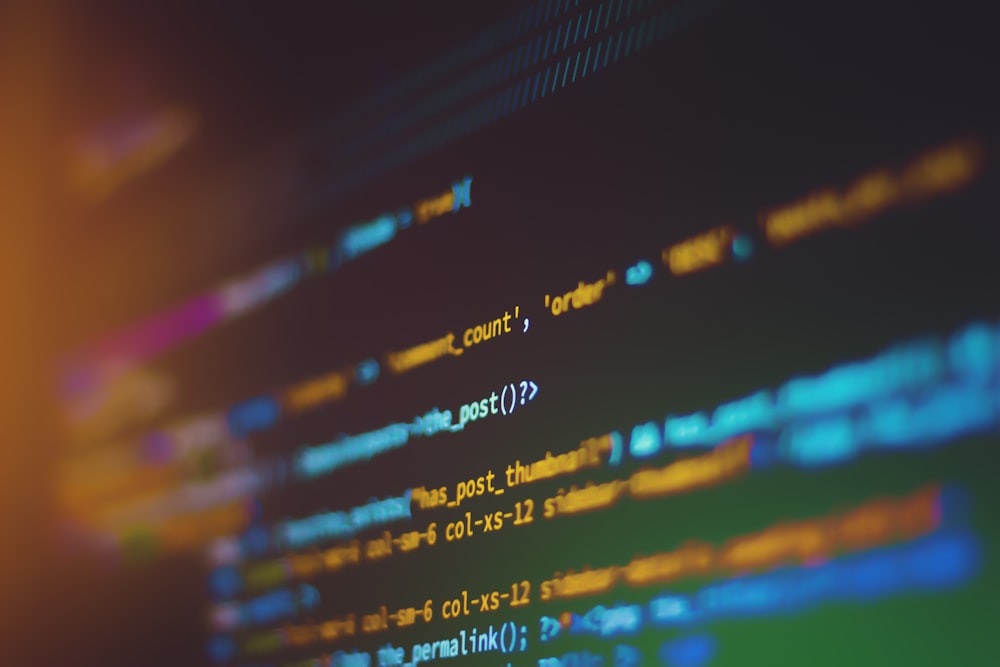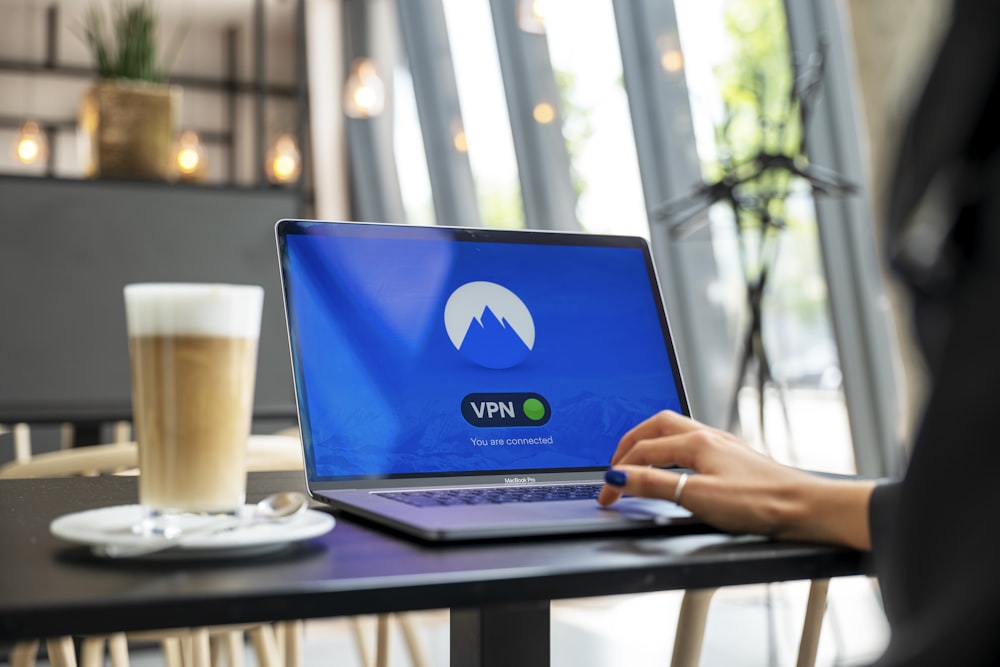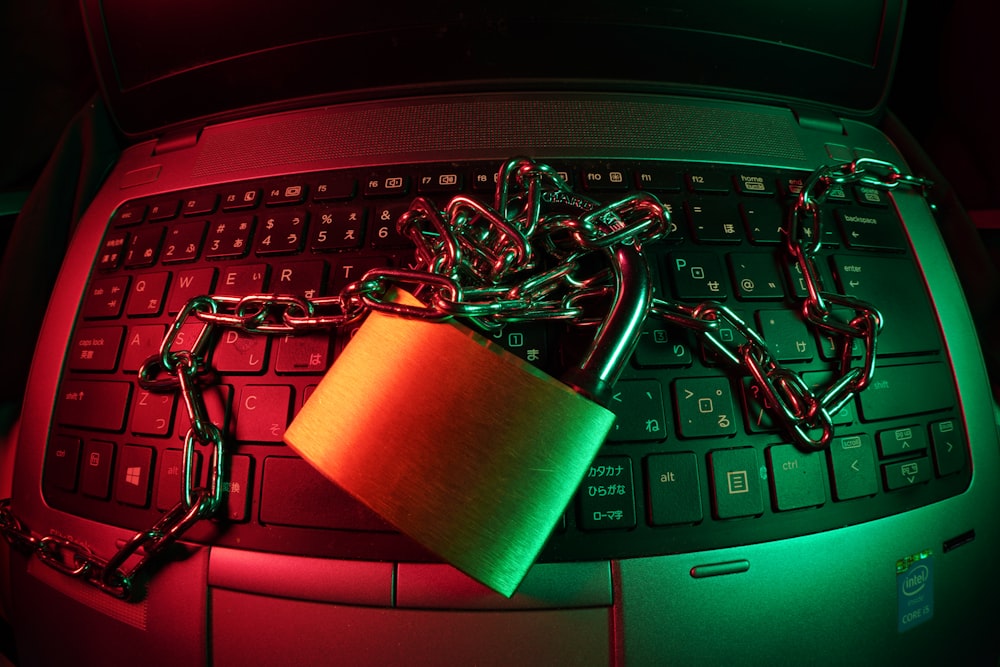Best Practices for Secure Remote Work Access

Photo by Windows @ unsplash
During the peak of the Coronavirus pandemic, the remote work model was the only way to keep some businesses running while still being safe for the employees. According to Zapier, about 51% of employed Americans transitioned to remote work throughout March-April 2020. As safe (healthwise) and profitable remote work is, with this scale of adoption, we really need to consider how the security is handled.
When a company is working remotely with a diverse workforce, they also have to diversify its network for easier access. Easier access for employees might mean easier access for malicious users as well, and this is where we need to take precautions.
Explore more: Making Remote Working Work
Since the remote work model is riskier due to the network security threats associated with cloud computing and insecure internet connections, companies need to be aware of the risks and act accordingly. We’ve gathered some information to make it easier for you.
Remote Security Risks For Businesses
Mobile devices have always been more vulnerable than stationed devices (ie. company devices in a physical office) because data is usually exposed to the public Internet. So remote workers pose a greater risk to businesses when it comes to network security. A few of the most common risks are the following.
(1) Use of public Wi-Fi
Remote work does not always mean that people are working from home. They are everywhere; coffee shops, airports, or co-working spaces. Since they are not always connected to a reliable and secured Wi-Fi connection, the risk of a data leak or a data breach increases. Insecure Wi-Fi is a common source of cyber attacks.
(2) Phishing attacks
Phishing emails are more common than you might think, and unfortunately, employees do not realise them until it’s too late. In a remote work setting where employees do not see each other, it becomes easier for phishing specialists to convince people to share sensitive information. They usually do this by hiding as a trusted partner and luring the user into sharing credentials or resources.

Read more: Benefits of Integrating Direct Cloud Connectivity Into Your Business Model
(3) Use of personal devices
Company-provided computers are always checked thoroughly by IT departments, and they make sure all the devices are as up-to-date and secure as they can be. Remote work now started a trend where most employees are working from their personal devices, which generally have security gaps. This makes personal devices (that connect to corporate resources) more open to cyber attacks, and IT teams usually have no control over them.
This may interest you: 4 Ways To Support Your Remote Workforce
Secure Remote Access Best Practices
Most of these risks can, fortunately, be mitigated by adopting to right tools and services. With the experience we had over the last two years, we know how to secure remote access and adapt network structures to fit the remote working model. These are some of the best practices proven to be effective.
Supplementary reading: How CEOs Can Make Their Companies More Cybersecure
Always use encryption
Information is always vulnerable when it’s travelling; in a remote work setting, it is all over the place, so users can access it. Moreover, mobile devices are constantly vulnerable to getting stolen. These make encryption a must for remote work.

All the information being transmitted by the corporate network should always be encrypted. Encryption ensures that even if there is a cyber attack or a breach, the files containing the sensitive information are nothing but gibberish to the hacker.
You always need to prevent data from being intercepted when it is broadcasted to the end user. But to make sure, using encryption is always the best practice to ensure that information is protected even when there is a cyber attack.
Enforce the use of Cloud VPN
VPNs are possibly the most popular cybersecurity tools out there. To explain briefly, Virtual Private Networks (VPNs) create a protected and encrypted tunnel between the corporate network and the end user. Since the data goes directly through this private tunnel, it is not trackable and not exposed to the public Internet.
This extra layer of security helps protect sensitive information and ensures that your connection is more secure, whether you're accessing the corporate network from your home office or using public Wi-Fi in a coffee shop. With a New Jersey IP address provided by the VPN, you can also access region-restricted content and enjoy a safer online experience.

Traditional VPN solutions have always been hardware-based solutions with no capability to work in cloud environments. Luckily, we have a more scalable, affordable, and flexible option; cloud VPN. This tool brings all the benefits of a traditional VPN solution while also being adapted to cloud applications.
Cloud VPN providers such as NordLayer offers subscription-based solutions to secure remote access. By enforcing the use of a cloud VPN, you can secure your network, including cloud applications, without the need for hardware. If you have work-from-home employees, using a VPN solution will let them connect to resources from everywhere without worrying about being tracked by malicious users. VPN is accessible anywhere and has the function of changing your IP address wherever you desire. For instance, if you are searching for a New Jersey IP address, you can check out VPN for New Jersey.
Use multi-factor authentication (MFA)
Passwords are the weakest link in cyber security, especially when they are not regulated. In a remote work setting where users are exposed to public connections, this link becomes even weaker. Companies need to enforce a second verification means to employees in order to strengthen their sign-in process.
Read this: Blockchain Is A Technology For Collaboration
Multi-factor authentication (MFA) is a tool that manages this by authenticating the user with something that they have, rather than something they know. There are multiple authentication methods to be used here; biometrics, SSO, or one-time codes are among the most popular.
If you are using MFA as a regular practice for sign-in, you mitigate almost all the risks caused by threats such as device theft and stolen passwords. Hackers can hack something the user knows, but not something they actually have.
Final words
Remote work is definitely a great blessing for all of us, both employees and employers. It increases retention in companies, lower operational costs, and increases productivity. From the employee’s point of view, it eliminates commute and they can spend more time with their families while working from their homes.
However, remote work also comes with increased cybersecurity risks which can be detrimental to the well-being of a company. Data leaks and compromised networks are not something to be undermined and need to be addressed. Remote work, as a brand-new practice, has its own ways, and the security structures need to be adapted as well.

By implementing the tools we talked about, you can improve your remote work security and provide secure access to your work-from-home employees. It might be challenging at first, but the cybersecurity industry offers all the things we need at our disposal.
Be sure to check out the media below:
Leaderonomics.com is an advertisement-free website. Your continuous support and trust in us allow us to curate, deliver and upkeep the maintenance of our website. When you support us, you enable millions to continue reading for free on our website. Will you give it today? Click here to support us.
Functional
Muhammad is a freelancer writer based with 3 years of experience under his belt. He writes most often at home and at tech. When not writing, he enjoys reading and adventuring. Say hi on FB @abbasceey.





